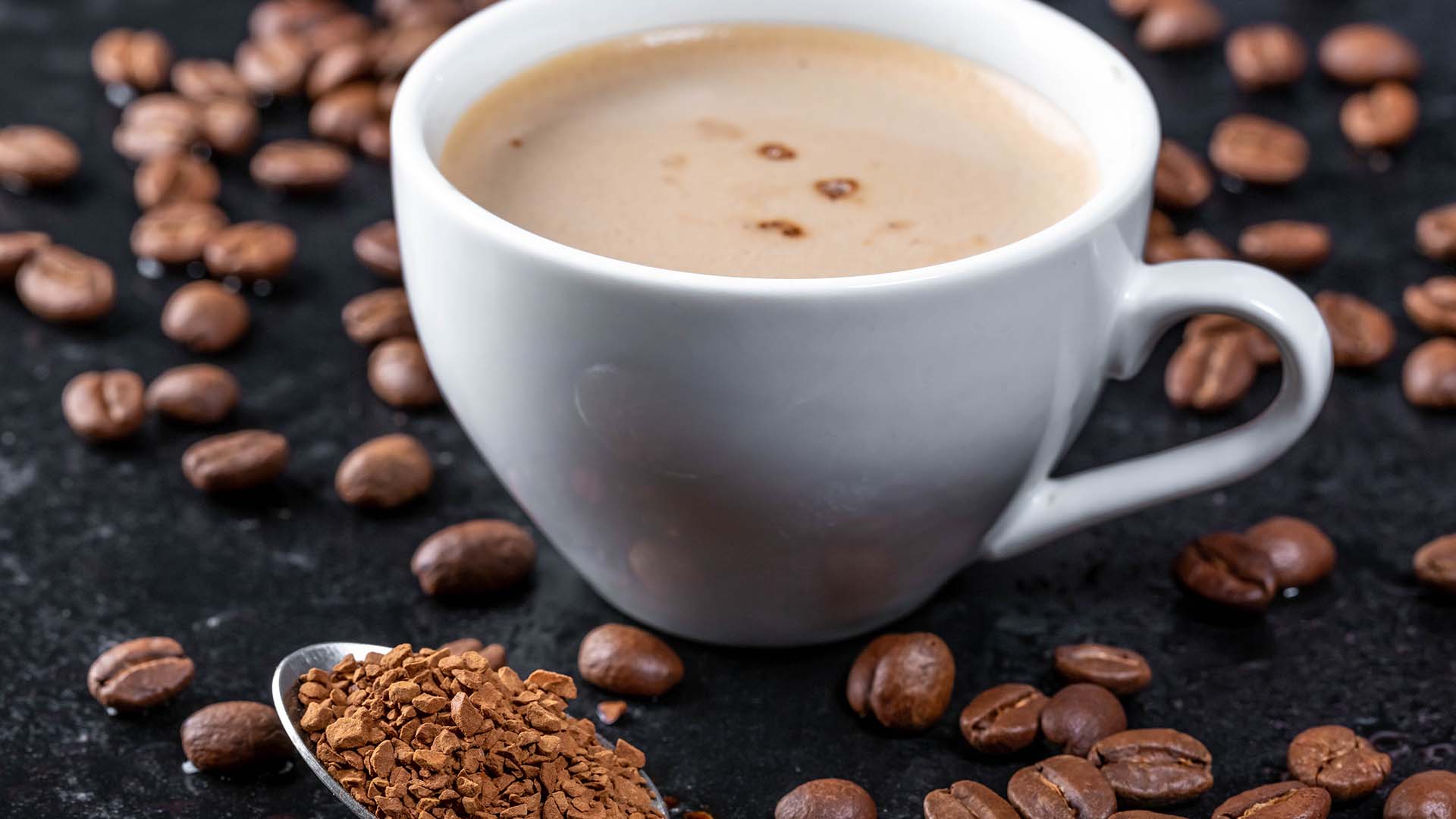Test your science knowledge
October 1 is International Coffee Day. Over 3 billion cups of coffee are consumed daily, making it one of the most popular morning pick-me-ups in the world. What do you know about the science behind caffeine, the miracle molecule in coffee that fuels you? Take our science quiz to find out.
Which of the following elements is not in the chemical formula for caffeine?
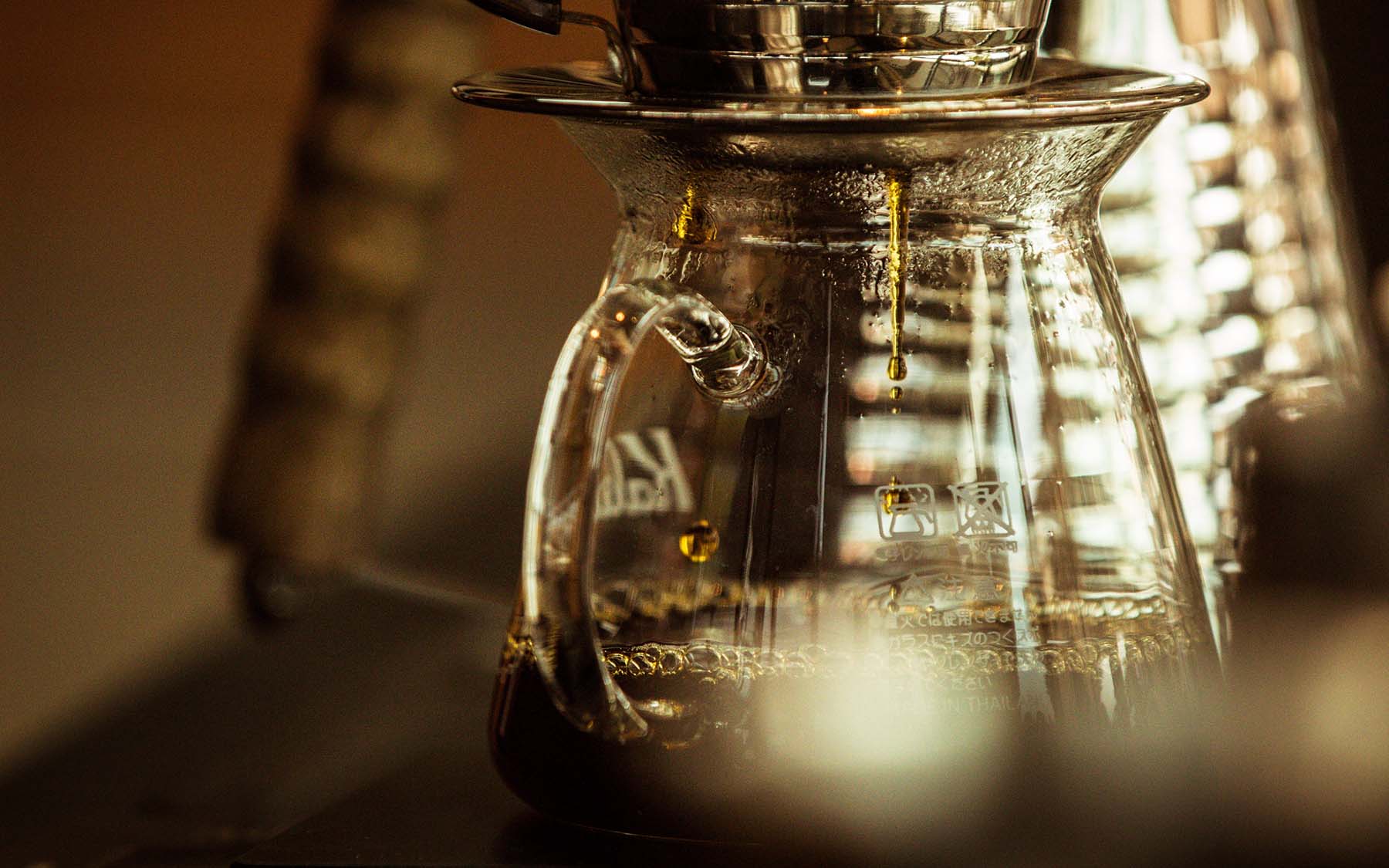
Thanks to the right combination of carbon, hydrogen, nitrogen and oxygen, your morning cup of coffee has that extra jolt. See the official chemical profile for the caffeine molecule in PubChem’s database. Caffeine is found in seeds, nuts, and leaves of plants native to South America and East Asia.
The caffeine molecule primarily binds to adenosine receptors in the central nervous system. Which of the following is NOT an effect caffeine binding has on the body?
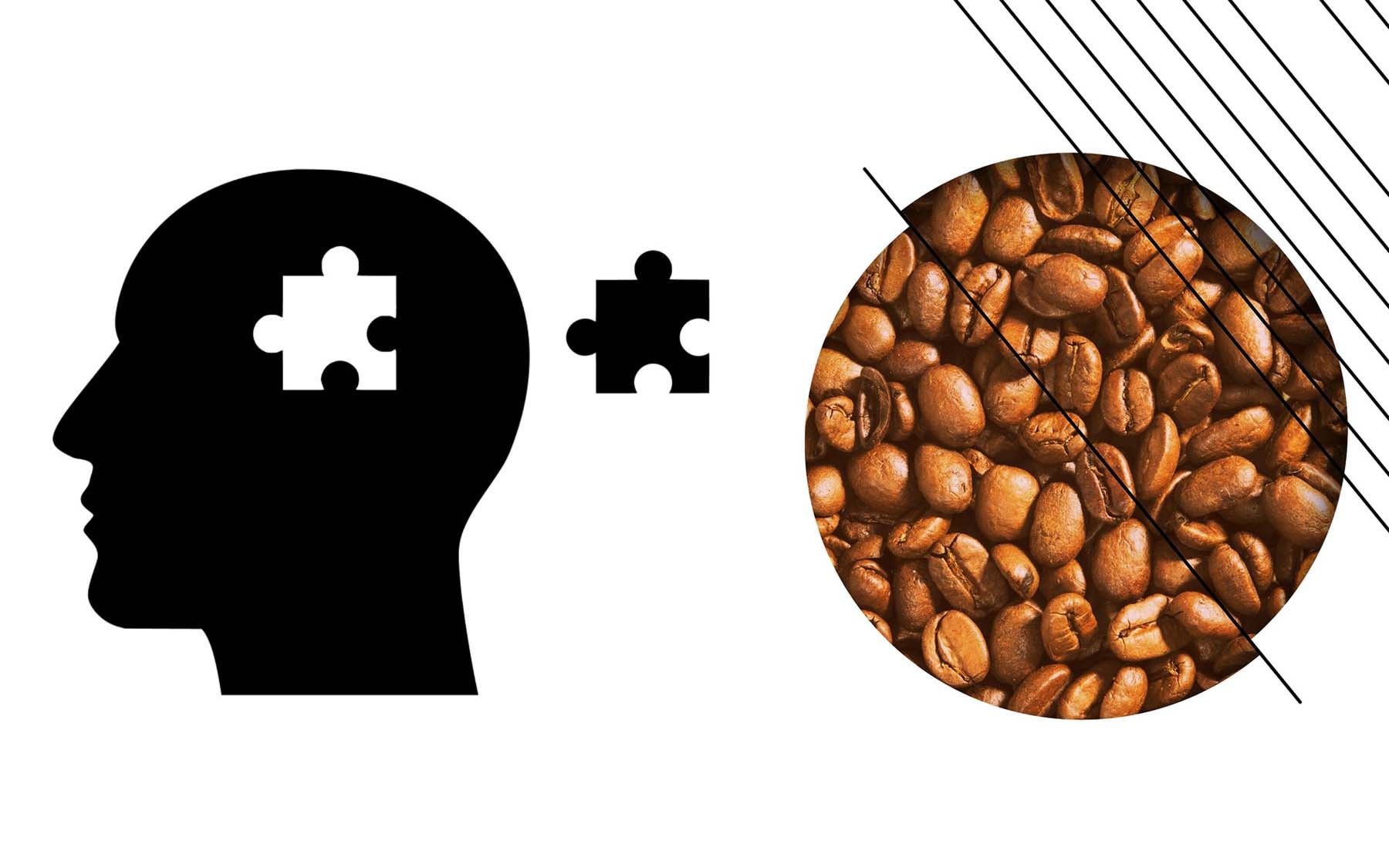
Adenosine affects many biological activities in the central nervous system, and many scientists think this molecule helps us relax and go to sleep. It helps stabilize heart rate, dilate blood vessels, and provide pain relief. Caffeine is structurally similar to adenosine and binds primarily to adenosine receptors; but it acts as an adenosine receptor antagonist, which means that when it binds to the receptor, it blocks adenosine molecules from binding to it and blocks the biological effects of adenosine.
Is caffeine a stimulant or depressant
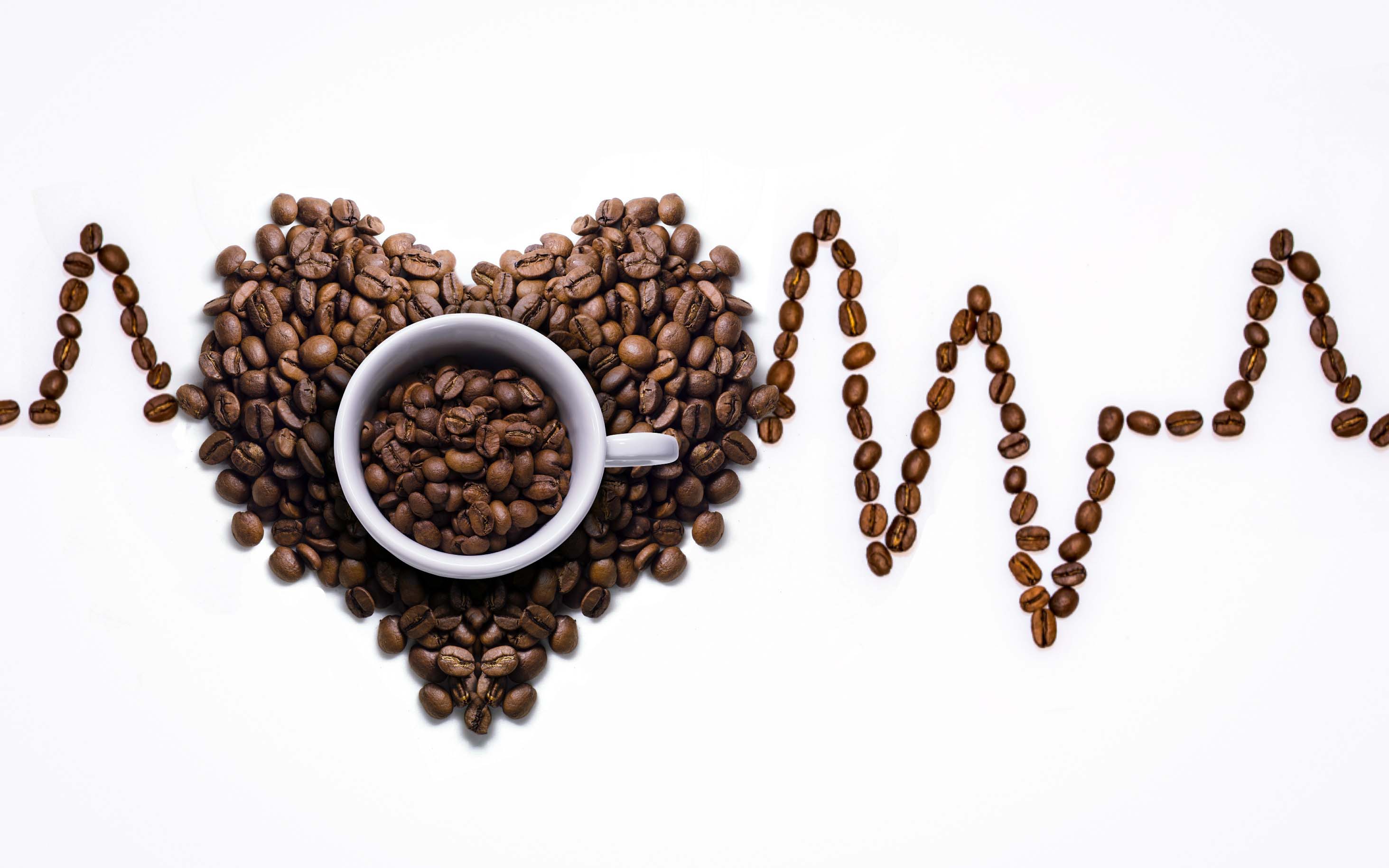
Caffeine is a central nervous system stimulant. Scientists noted that it increases energy metabolism throughout the brain. Scientists also think that caffeine promotes general arousal by engaging with dopamine and serotonin receptors in the brain.
Which of the following food/products doesn’t contain caffeine?
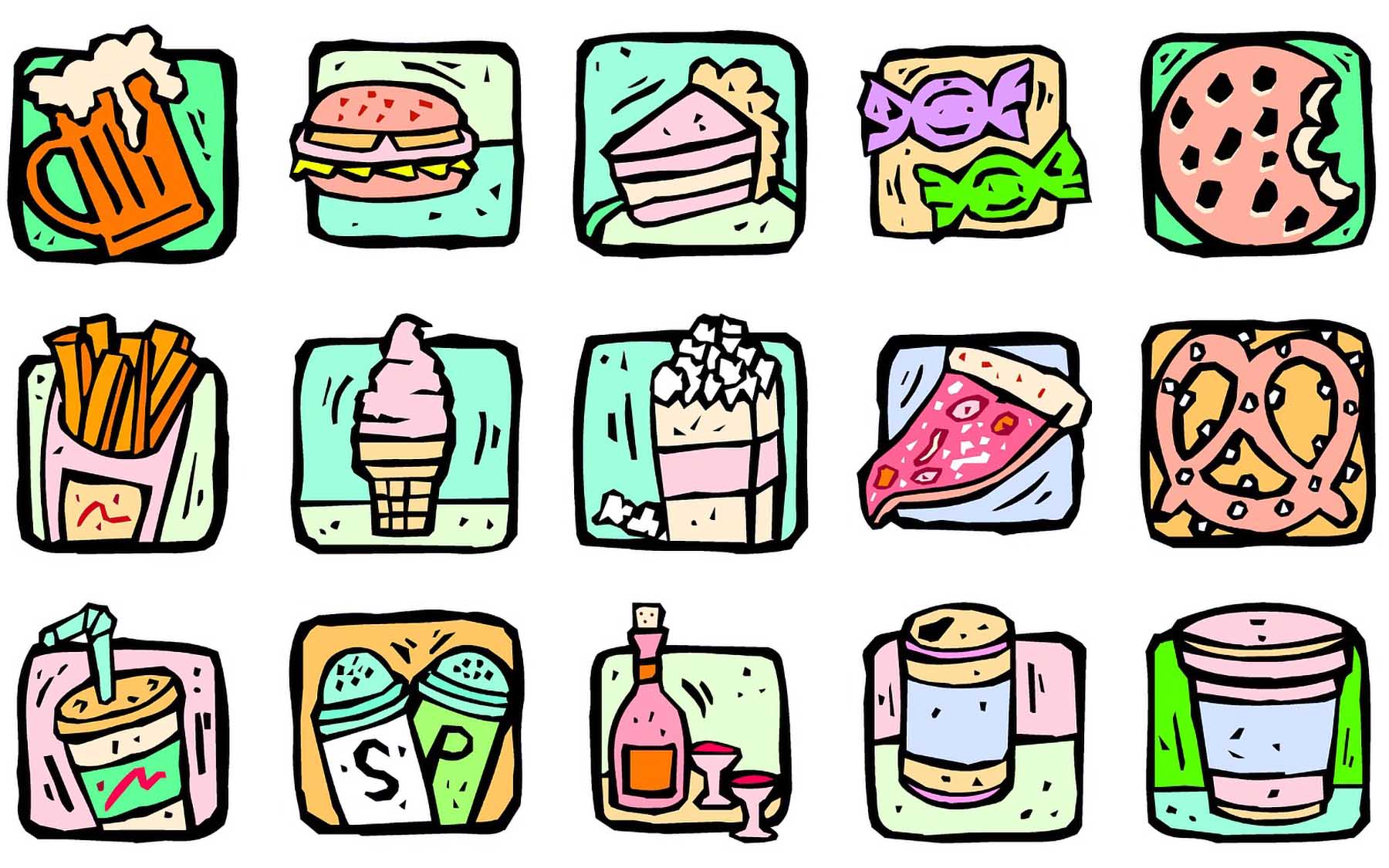
The caffeine in the popular soft drink Coca-Cola comes from the kola nut, but Sprite has no caffeine content. Caffeine is naturally found in cocoa beans, so most chocolates contain some amount of it. Midol, which is a PMS medication, contains 60mg of caffeine per tablet. The company said that the caffeine in the medicine helps counter period-related fatigue and also acts as a diuretic to reduce bloating.
True or false: How much you like coffee depends partly on genetics
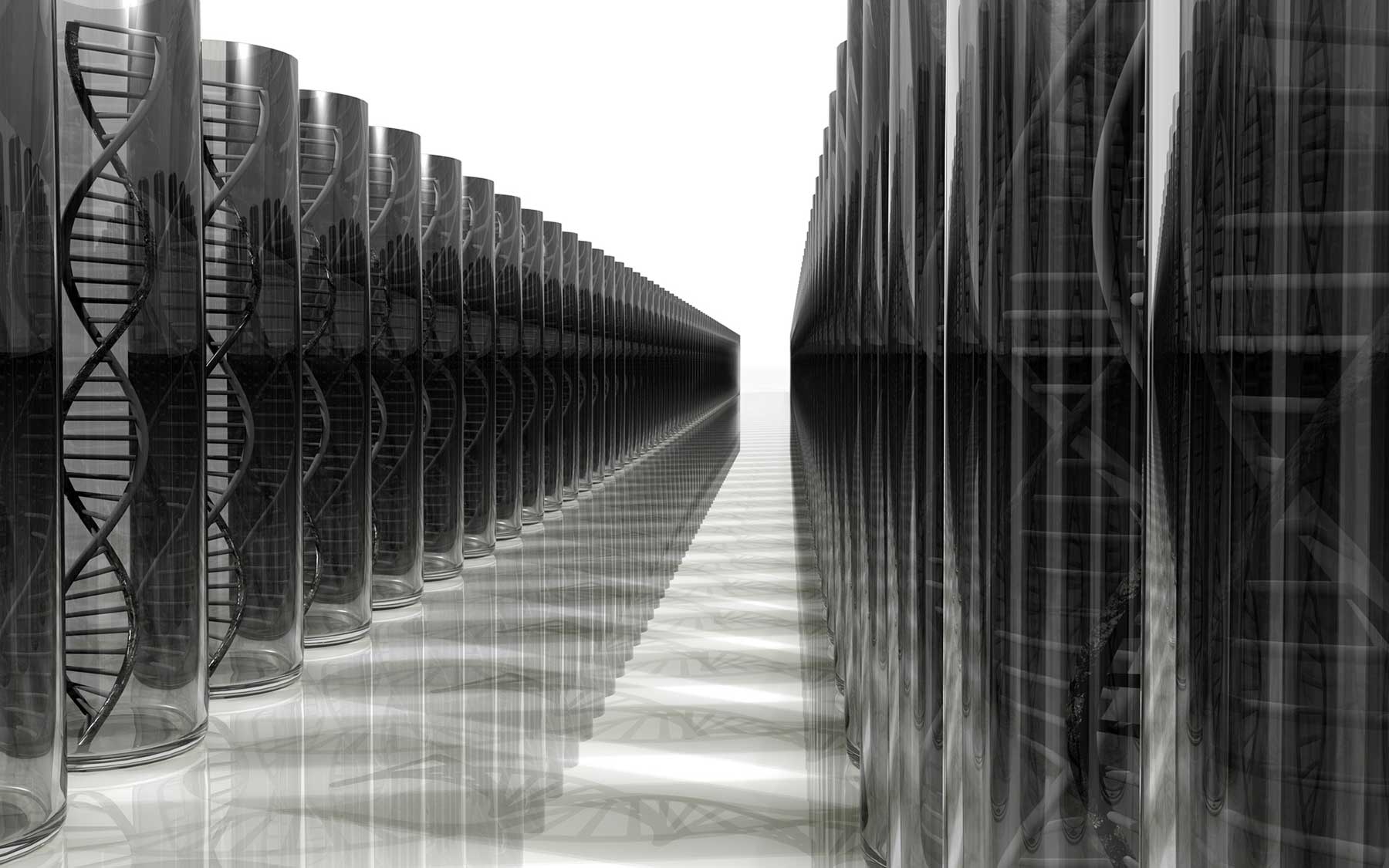
Genetics do in fact play a role in your love of coffee. There are genes that affect your caffeine metabolism, your adenosine receptors, and your response to bitterness - all of which influence your like and dislike of coffee. Read more about the genetics behind loving and loathing coffee in this National Geographic feature.

Share your Results:
